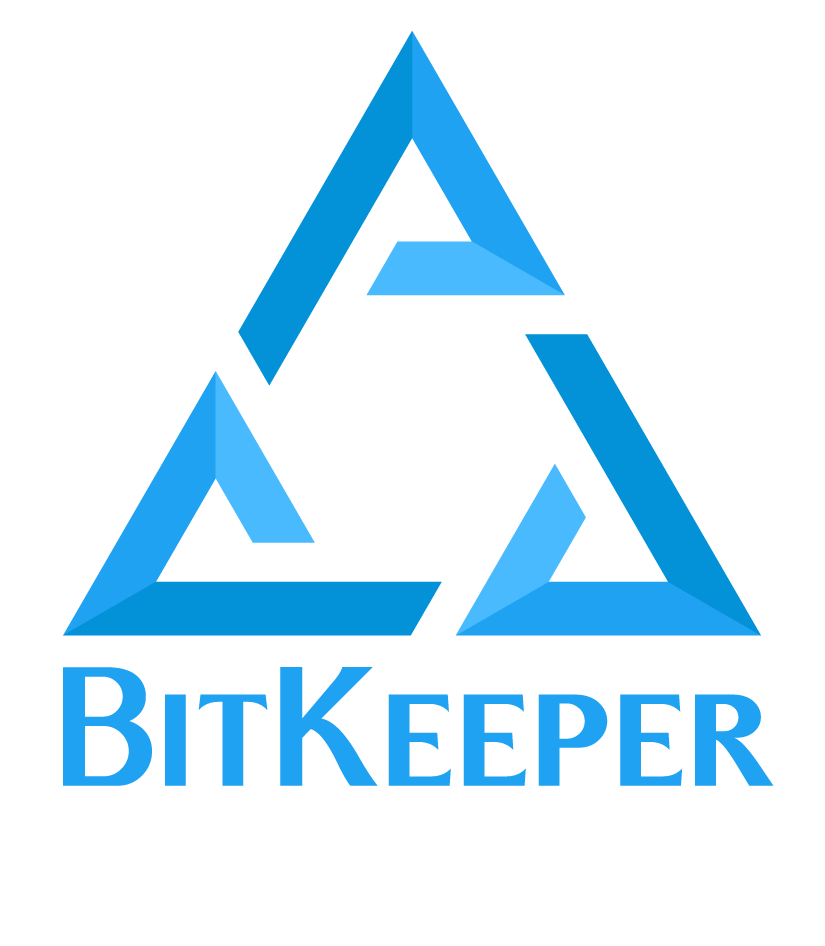bk url(7.3ce) BitKeeper User's Manual bk url(7.3ce)
NAME
bk url - methods of accessing BitKeeper repositories
DESCRIPTION
BitKeeper supports many ways to access a repository. The selection of
the access method is determined by how the repository is referenced.
Each reference form is described below with an explanation of how the
repository is accessed following each form.
In all cases below if the <pathname> part of the URL starts with a "/"
then the pathname is absolute, otherwise it is relative to the location
of the bkd. If <pathname> is not set then the implied remote directory
must be the root of a repository. See EXAMPLES below.
ACCESS METHODS
LOCAL
<pathname>
file://<pathname>
Access is all local, through the local file system.
RSH
rsh://<host>/<pathname>
rsh://<user>@<host>/<pathname>
Uses rsh to access <host> and starts in the user's home directory.
SSH
<host>:<pathname>
<user>@<host>:<pathname>
Uses ssh (by default) to access <host> and starts in the user's
home directory. If $BK_RSH is set, then that is used to talk to
the host (allows for proxying). If no ssh is found then falls back
to rsh.
ssh://<host>/<pathname>
ssh://<host>:<port>/<pathname>
ssh://<user>@<host>/<pathname>
ssh://<user>@<host>:<port>/<pathname>
Uses ssh to access <host> and starts in the user's home directory.
bk://<user>@<host>/<pathname>
This is a deprecated form of ssh that only worked with a bkd run as
a login shell. Connecting to a bkd running as a login shell is
still supported. Please use the ssh:// URL form.
BKD
bk://<host>/<pathname>
Connects to an existing bkd on the default bkd port and starts in
the directory where the long lived bkd was initially started.
bk://<host>:<port>/<pathname>
Connects to an existing bkd on the specified port and starts in the
directory where the long lived bkd was initially started.
HTTP
http://<host>/<pathname>
Connects to an existing bkd using the HTTP port and transfer proto-
col and starts in the directory where the long lived bkd was ini-
tially started.
http://<host>:<port>/<pathname>
Connects to the specified port using the HTTP transfer protocol and
starts in the directory where the long lived bkd was initially
started.
PROXIES
BitKeeper supports most HTTP proxies. Information about proxies needs
to be passed to BitKeeper in the environment.
The following are the environmental variables are available for use:
http_proxy=http://<host>:<port>
http_proxy=http://[<user>:<pass>@]<host>:<port>/
no_proxy=<comma,separated,list,of,hosts,to,not,proxy>
SOCKS_HOST=<host_name>
SOCKS_PORT=<port_number>
SOCKS_SERVER=<host>:<port>
Note: if SOCKS_HOST is set, SOCK_PORT must also be set. If you are not
sure if you should set environment variables, please consult your sys-
tem administrator.
On Windows, BitKeeper will also read Internet Explorer's proxy informa-
tion from the registry. So in most cases if Internet Explorer can
browse the web then BitKeeper will work as well.
EXAMPLES
To clone <old> to <new>:
bk clone old new
To clone from a repository named <old> on a host named <host> using
SSH:
bk clone ssh://host/old new
To clone from a repository named <old> on a host named <host> using
rsh:
bk clone rsh://host/old new
To clone from a repository named /home/bk/mysql on a host named <host>
using ssh (note there are 2 slashes before "home"):
bk clone ssh://host//home/bk/mysql new
Suppose that you had a number of repositories in /home/bk and you
wanted to make them available via the bkd protocol. On the server you
would run:
cd /home/bk
bk bkd
and on the client you would run this to get /home/bk/mysql:
bk clone bk://server/mysql
SEE ALSO
bk bkd
CATEGORY
Repository
Overview
BitKeeper Inc 1E1 bk url(7.3ce)

Repository
- abort
- backups
- bk
- bkd
- changes
- check
- citool
- clone
- cmdlog
- collapse
- commit
- conflicts
- cset
- csets
- csettool
- difftool
- files
- fixtool
- glob
- history
- id
- import
- level
- lock
- makepatch
- merge
- merge-binaries
- parent
- pending
- pull
- push
- relink
- repocheck
- resolve
- resolving
- revtool
- rm
- rmgone
- service
- setup
- setuptool
- sfio
- status
- superset
- tag
- tags
- takepatch
- templates
- triggers
- undo
- unlock
- unpull
- untag
- url